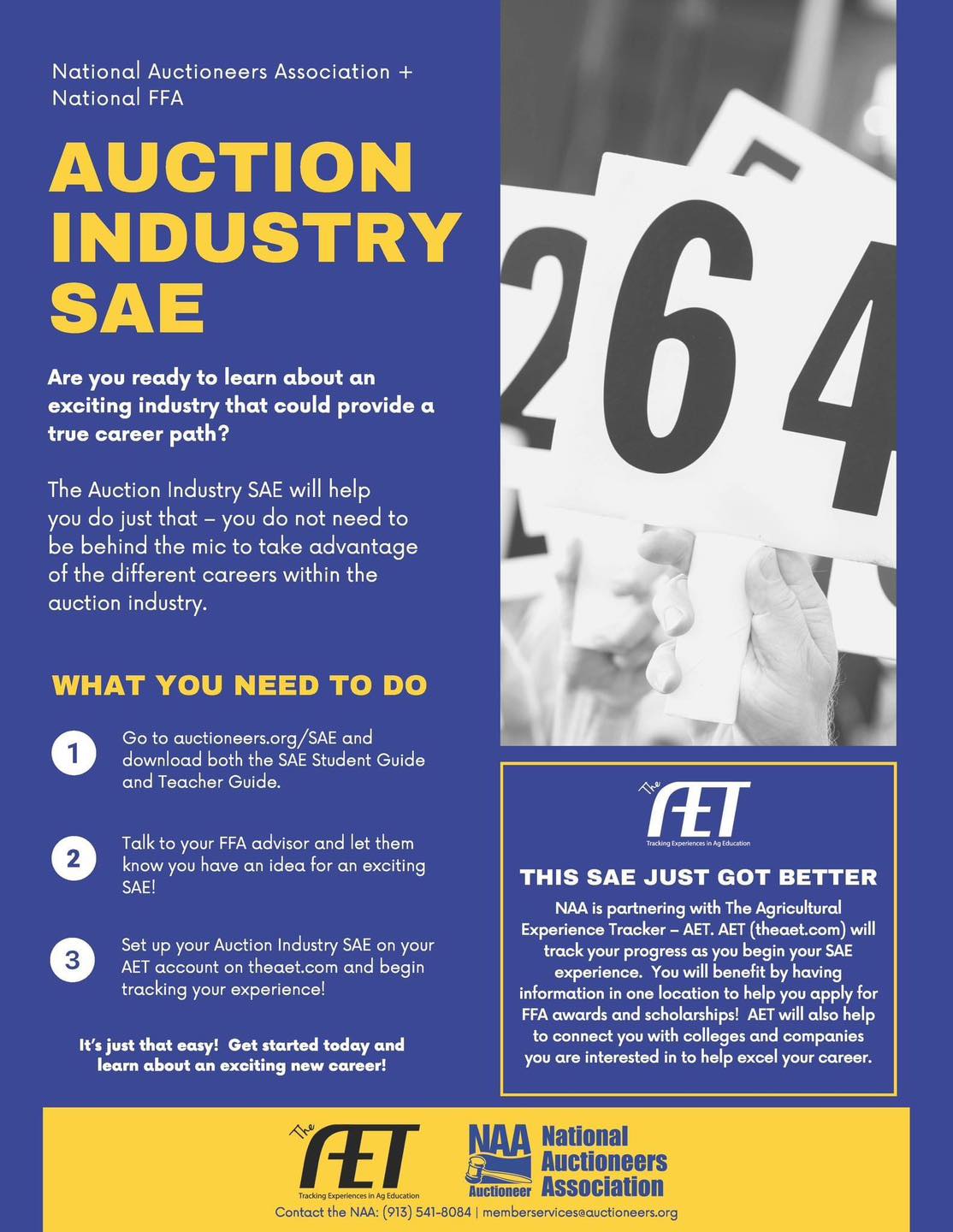By Amy Hebert
Consumer Education Specialist
Have you ever bought a video game, e-book, song, or movie to enjoy on one of your devices, whether it be a gaming console, tablet, or phone? If so, you might think that you’ll always have access to these things. But you might not — here’s why.
When you buy a physical item, you’ve got it. It’s yours. But when you click the “buy” button on a digital product, it really depends. You may have access to it only while you have an active account with the platform or website that sold it, or only for as long as that platform or website stays in business. Another factor is Digital Rights Management (DRM) software, which is attached to many digital items and is the thing that makes it impossible, for example, for you to play a video game on a different console brand.
Another reason why you might not have full control of your digital product is that what you really got when you clicked “buy” is often merely a license to access the content. This fact is often explained only in fine print in the terms of service — terms that the seller can usually change at will. And if the seller itself has licensing issues with the content you bought, then your own license to use the digital item can become worthless. All things beyond your control.
So, the next time you’re about to click “buy” for a digital item, think about what you’re really getting and how long you want it. The price may still seem right to you, even knowing that someday you could lose access. If not, though, you might want to look at other options — another site or service with different terms, or even something you can hold in your hands.
Do you really own the digital items you paid for? | Consumer Advice (ftc.gov)



















